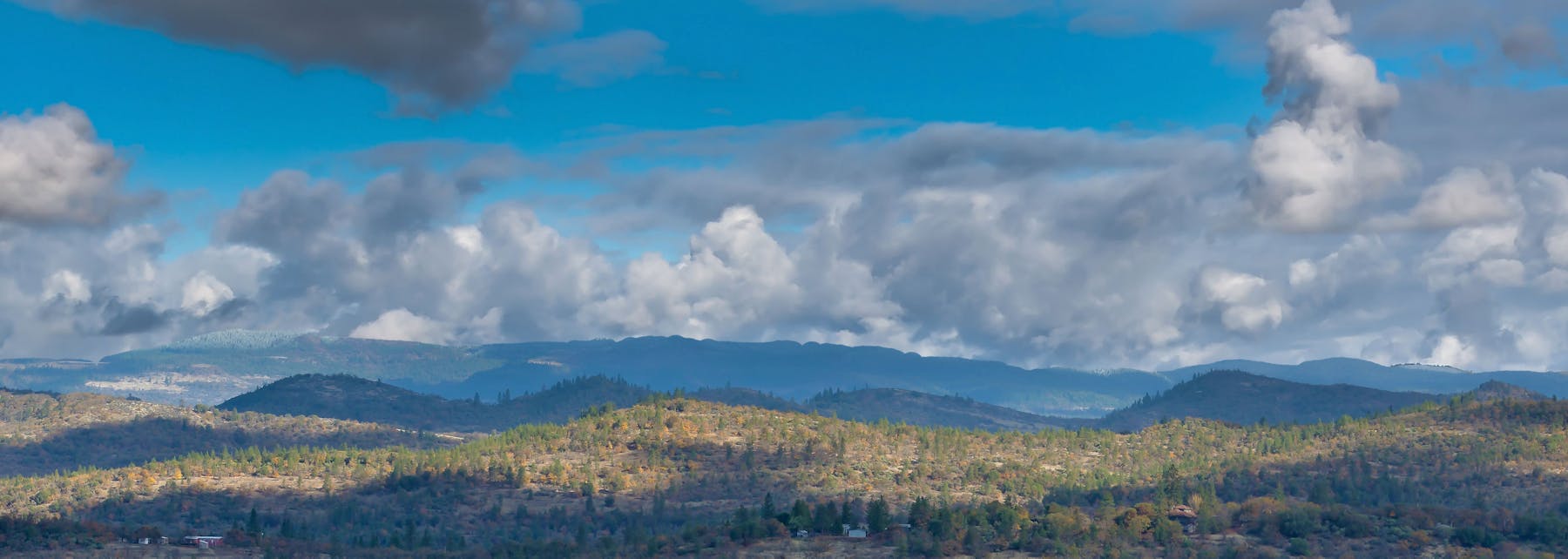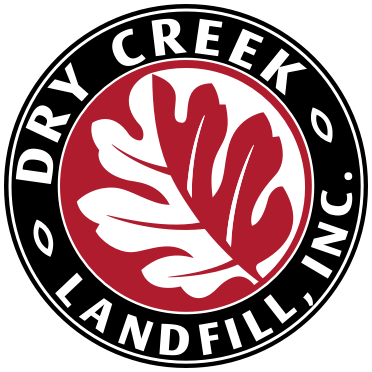
Materials and Services
Put Our Expertise to Work
As the industry leader in southern Oregon and northern California, we pride ourselves in being able to provide workable solutions for most every need. Here are just a few examples of the types of loads and services we’ve dealt with. Whether it’s a one-and-done request or a long-term, ongoing service, we are available and ready to work with you on whatever you need. Let’s talk!
Special waste?
Certain special waste materials — including contaminated soil, specific waste streams, and anything containing asbestos — have additional requirements for handling and disposal.
Learn MoreLoad Types
Dry Creek Landfill is set up to accept a wide variety of material-hauling trucks. Our easy-to-navigate road and circular in-and-out flow route makes it easy to navigate during all phases of your time on site. Here are the load types we can readily accept:
- Dump trucks
- End Dump trucks
- Chip Trailers
- Flatbeds
- Semi Trailers
Services Provided
Once on site, commercial garbage trucks pass over a scale that records tonnage so appropriate fees can be assessed. Then it’s on to the disposal area where materials are quickly offloaded. Even though commercial trash accounts for a large percentage of activity at the Landfill, it’s just one of many services we provide. Here are our other services available to commercial accounts:
- Arrange and/or manage transportation and logistics
- Site inspections and review for logistics
- Specialized unloading arrangements
Materials Accepted
A wide range of materials are accepted at the Dry Creek Landfill. A list of the most common types of waste we accept is listed below. Please note that some wastes, other than non-hazardous solid waste, may be accepted with conditions and/or additional paperwork or fees. If your type of waste is not shown here, please reach out to us to see if your waste stream is suitable for Dry Creek Landfill. Here are some of the materials we currently accept:
- Municipal waste
- Sewage sludge
- Contaminated soils
- Industrial waste
- Boiler ash
- Lead-based paint on construction debris
- Asbestos
- Agricultural waste
- Food processing waste
- Mill discards
- Outdated food products
- Damaged food/beverages from traffic accidents
- Remnants from large-scale fires
- Demolition materials
